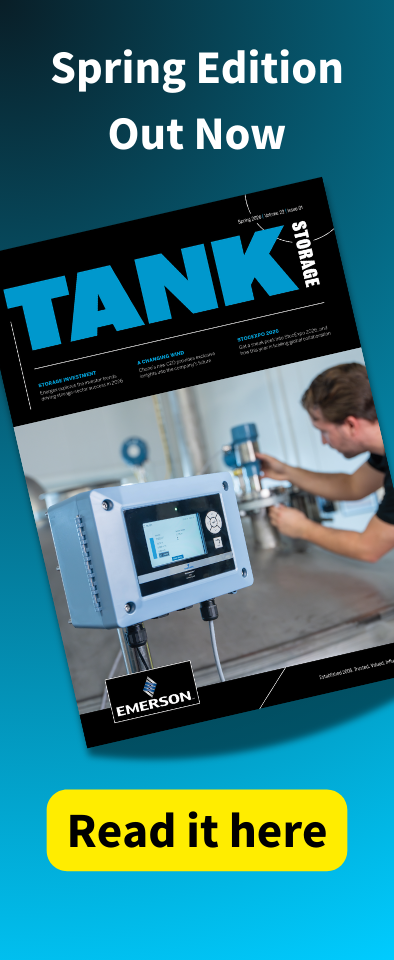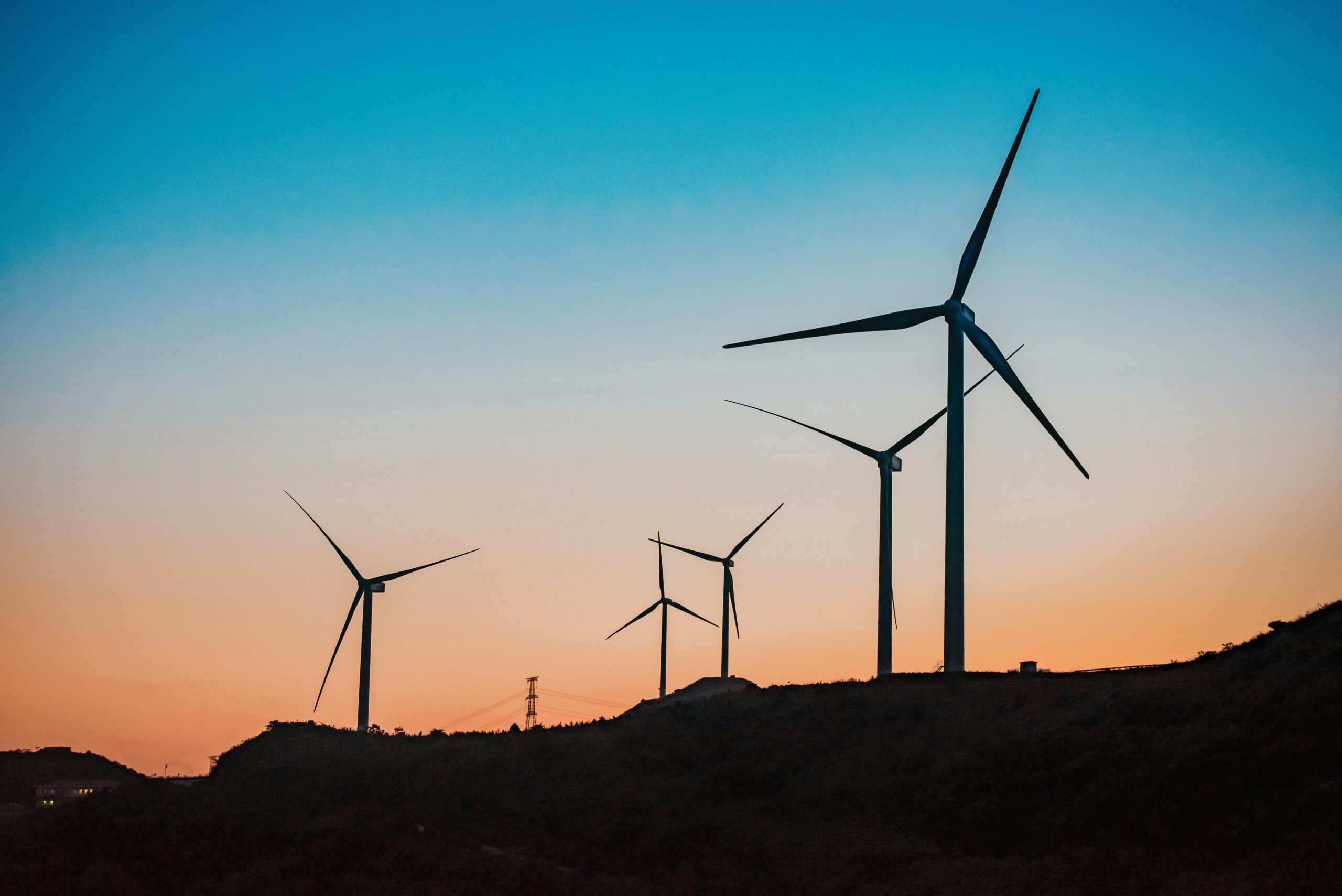
Vestas will pilot Sustainable Aviation Fuel (SAF) at the Baltic Eagle Wind Farm in the Baltic Sea during 2024. The pilot project entails Vestas technicians and jack-up vessel crew using helicopters partly powered by SAF to transport themselves to and from the Baltic Eagle wind farm during the construction phase of 50 offshore wind turbines.
SAF is a fuel produced from bio-waste materials such as used cooking oil or tallow. Because SAF can help reduce lifecycle greenhouse gas emissions associated with air travel, it is generally considered a more sustainable alternative to conventional jet fuel.
The pilot project is scheduled to take place until September 2024. Helicopter service provider HeliService, will use helicopters from Leonardo S.p.a. flying on approximately 40 percent SAF provided by DCC & Shell Aviation Denmark A/S. A blend rate of 40 percent SAF is close to the highest possible blend rate permitted today and it is the first time that SAF-fuelled helicopters with such a high blend rate are used for an entire part during the construction phase of an offshore wind farm operation.
CO2 savings of approximately 32 percent per flight are expected compared to using a standard helicopter powered by conventional jet fuel. Vestas will assess the impact of the SAF following the end of the pilot project.
The initiative is in line with Vestas’ sustainability strategy which includes becoming carbon neutral in our own operations by 2030 and reducing emissions in our supply chain by 45 percent per MWh generated. In relative terms, offshore wind projects experience higher CO2-emissions from construction and service operations than onshore wind projects due to the need of vessels and helicopters, and we need to develop new solutions for offshore wind to become carbon neutral.
Kieran Walsh, Senior Vice President and Head of Construction at Vestas Northern & Central Europe, says: ‘This is yet another initiative through which Vestas continues to implement its sustainability strategy. There is a significant need for more sustainable solutions during these wind farms’ construction and operation phases. The potential for using SAF in offshore operations is high and we are pleased to further exploit this potential.’
Sune Petersen, Head of Strategy and Sustainability at DCC & Shell Aviation Denmark says: ‘The delivery of SAF to Roskilde Airport, which will serve as a helicopter base during Vestas’ pilot project, marks another milestone in our efforts to support the growing demand for alternatives to conventional jet fuel. It also marks an initial step towards introducing SAF into the fuel mix for helicopter services – not only in Denmark but also on a European scale.’
Oliver Freiland, CEO HeliService says: ‘Vestas’ decision to use SAF for the crew change flights demonstrates our joint commitment to operate more sustainably in terms of Co2 reduction. HeliService’s Leonardo helicopters powered by engines from aerospace manufacturer Pratt & Whitney are designed to operate with SAF already today.’
Share this article:
Latest terminal news

MOL & Slovnaft File Complaint Against JANAF
MOL and Slovnaft have submitted a formal complaint to the Directorate-General for Competition of the European Commission alleging that JANAF, the company operating the Croatian crude oil pipeline, is abusing
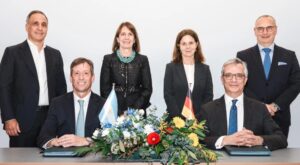
SEFE & Southern Energy Sign LNG Agreement
SEFE Securing Energy for Europe and Argentina’s Southern Energy S.A. (SESA) have entered a Sales and Purchase Agreement for an eight-year LNG supply partnership. Under the agreement, SEFE will purchase
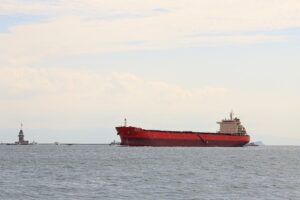
TotalEnergies To Export LNG From The Alaska LNG Project
TotalEnergies has signed a preliminary agreement (Letter of Intent) with Glenfarne, the lead developer of the Alaska LNG project, for the long-term offtake of 2 million tonnes per year (mtpa)
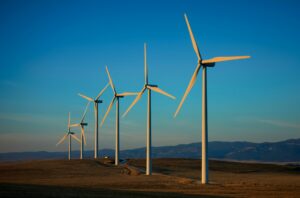
Moeve Approves FID for Andalusian Green Hydrogen Valley
Moeve has approved the Final Investment Decision (FID) of the first phase of its flagship Andalusian Green Hydrogen Valley, making Southern Europe’s largest green hydrogen project a reality. CEO Maarten

